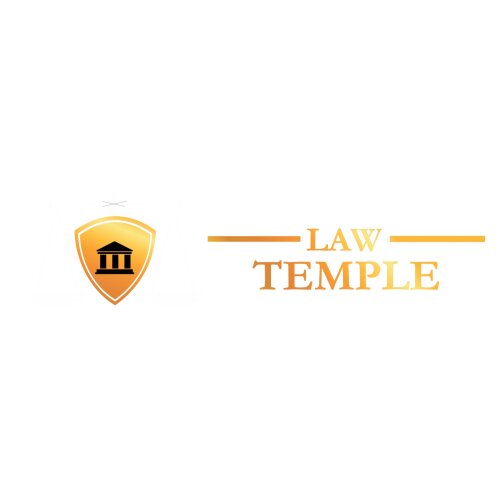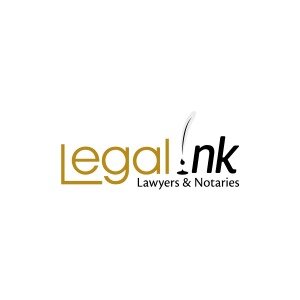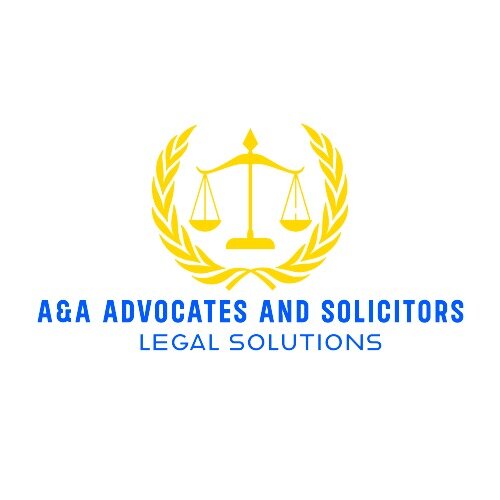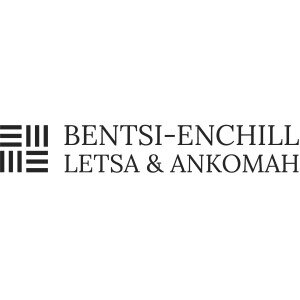Best Housing, Construction & Development Lawyers in Ghana
Share your needs with us, get contacted by law firms.
Free. Takes 2 min.
Free Guide to Hiring a Real Estate Lawyer
Or refine your search by selecting a city:
List of the best lawyers in Ghana
About Housing, Construction & Development Law in Ghana
Ghana's housing, construction, and development sector is an integral part of its economy, reflecting the country's rapid urbanization and population growth. Housing laws in Ghana are designed to regulate the construction, occupation, and maintenance of buildings, ensuring they meet specific standards of safety, accessibility, and environmental friendliness. Construction and development regulations encompass issues such as land acquisition, zoning laws, and building permits. The regulatory framework aims to balance the demands of urban development with the need for sustainable growth and protection of the environment.
Why You May Need a Lawyer
There are numerous scenarios in which individuals or businesses may require legal assistance in the housing, construction, and development sector. Common situations include:
- Land Acquisition Disputes: Disagreements over land ownership and transfers can necessitate legal intervention.
- Contractual Issues: Complexities in construction contracts might require legal expertise to interpret terms and handle disputes.
- Development Permissions: Navigating the bureaucracy of obtaining building permits or zoning clearance can be simplified with legal assistance.
- Tenant and Landlord Disputes: Legal help might be needed to resolve conflicts related to rent agreements or property maintenance.
- Environmental Compliance: Ensuring that construction projects meet environmental laws and standards.
Local Laws Overview
Ghana's legal framework for housing, construction, and development is governed by several key laws and regulations, including:
- Land Act, 2020: This act streamlines land acquisition, ownership, and management to enhance transparency and efficiency.
- Building Code of Ghana: Provides guidelines for construction standards and practices to ensure safety and quality.
- Zoning Regulations: These laws regulate land use, managing different urban and rural area developments.
- Rent Act, 1963: Governs residential tenancy agreements and disputes between landlords and tenants.
- Environmental Protection Agency (EPA) Regulations: Ensure compliance with environmental standards during construction and development projects.
Frequently Asked Questions
What is required to legally acquire land in Ghana?
To acquire land legally, you must conduct due diligence to ensure the seller has legitimate title to the land, obtain the necessary registration from the Lands Commission, and comply with any local zoning laws.
How are construction contracts structured in Ghana?
Construction contracts typically include specifications on scope of work, deadlines, payment terms, and remedies for breach. It's essential to include detailed terms to avoid disputes.
What is a building permit, and why is it important?
A building permit is an official approval issued by a local government authority that allows property owners or developers to proceed with construction. It ensures compliance with local building codes and standards.
How are tenant-landlord disputes resolved in Ghana?
Disputes can often be settled through mediation or by applying procedures set out in the Rent Act. If unresolved, they may be escalated to the Rent Control Department or the courts.
What zoning laws apply to residential development?
Zoning laws restrict the types of structures that can be built in specific areas and dictate the nature of land use. It is essential to consult local authorities or a lawyer to understand applicable zoning in your area.
Can foreigners own land in Ghana?
Yes, but under specific conditions such as lease agreements. Freehold ownership is generally restricted to Ghanaians under the constitution.
What environmental assessments are needed for large development projects?
Developers must submit an Environmental Impact Assessment (EIA) to the EPA before proceeding, which assesses the potential environmental effects of the project.
How does one register a property in Ghana?
Property registration involves verifying the seller's title, applying for a land title certificate, and registering the transaction with the Lands Commission.
What are the penalties for building without a permit?
Penalties include fines, demolition of unauthorized structures, or legal action. It’s crucial to comply with local regulations before starting construction.
How do I resolve boundary disputes with neighbors?
Boundary disputes can be resolved through negotiation or mediation. If unsuccessful, they may require legal action to establish boundary lines and ownership rights formally.
Additional Resources
For more information or assistance, consider contacting the following:
- Lands Commission: Manages land registration and boundaries.
- Environmental Protection Agency (EPA): Provides guidelines for environmental compliance.
- Rent Control Department: Assists with landlord-tenant disputes.
- Ghana Institute of Architects: Offers resources for building standards and compliance.
- Local District Assemblies: Provide information and permits related to zoning laws and construction.
Next Steps
If you find yourself needing legal assistance in the field of housing, construction, and development, consider the following steps:
- Consult with a lawyer who specializes in property law to discuss your specific issue.
- Gather all relevant documents, such as contracts, permits, or correspondence, to prepare for your legal consultation.
- Contact relevant governmental bodies to clarify procedures or obtain public records needed for your case.
- Remain proactive in resolving disputes, seeking mediation or negotiation before pursuing litigation where possible.
Understanding your rights and obligations under Ghanaian law is crucial to navigating the complexities of housing, construction, and development. Engaging a knowledgeable legal professional can effectively guide you through the process and protect your interests.
Lawzana helps you find the best lawyers and law firms in Ghana through a curated and pre-screened list of qualified legal professionals. Our platform offers rankings and detailed profiles of attorneys and law firms, allowing you to compare based on practice areas, including Housing, Construction & Development, experience, and client feedback.
Each profile includes a description of the firm's areas of practice, client reviews, team members and partners, year of establishment, spoken languages, office locations, contact information, social media presence, and any published articles or resources. Most firms on our platform speak English and are experienced in both local and international legal matters.
Get a quote from top-rated law firms in Ghana — quickly, securely, and without unnecessary hassle.
Disclaimer:
The information provided on this page is for general informational purposes only and does not constitute legal advice. While we strive to ensure the accuracy and relevance of the content, legal information may change over time, and interpretations of the law can vary. You should always consult with a qualified legal professional for advice specific to your situation.
We disclaim all liability for actions taken or not taken based on the content of this page. If you believe any information is incorrect or outdated, please contact us, and we will review and update it where appropriate.
Browse housing, construction & development law firms by city in Ghana
Refine your search by selecting a city.

















